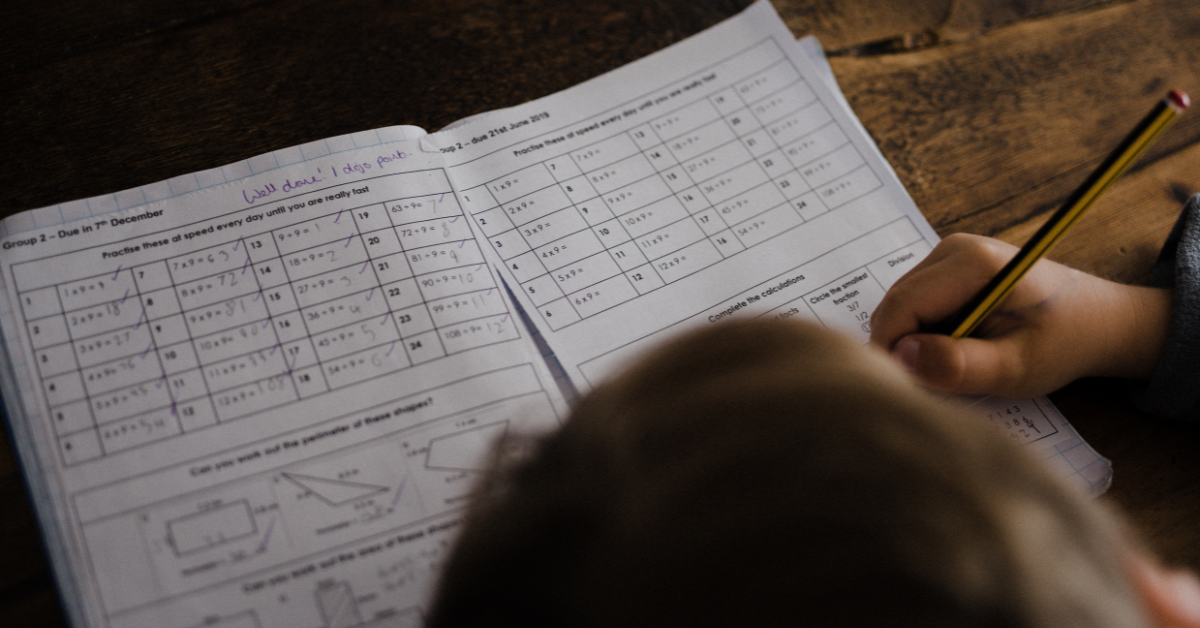
Feb 22, 2023 10:30:00 AM
When school doors reopened after the prolonged shift to virtual classes sparked by the pandemic, it signaled the end of the once-robust conversation about public education’s woefully inadequate response to the crisis. Not even a set of NAEP scores showing students had regressed back to 1990 performance levels has been able to build momentum for real change.
Of course, the usual suspects–teacher colleges, teacher union leaders, district central offices–are quite happy to see the return of the old, inadequate normal. They can breathe a bit easier when the pressure on them to make systemic change eases.
Meanwhile, frontline teachers and staff–not to mention the parents and children whose experiences are never centered–still struggle under the weight of the accumulated stresses of the pandemic, the sudden shift to virtual teaching and the return to school, complicated by the learning delays and mental health challenges children have experienced over the last three years. The usual subjects are not doing enough to meet their needs.
Could this be a moment for bold education reform? Not unless education reformers can stop living in the past, argues Robin Lake in her recent Unlocking the Future essay. Lake is director of the Center on Reinventing Public Education at Arizona State University.
Lake deserves a ton of credit for writing this single sentence: “The pandemic exposed an uncomfortable truth about education reform: the ideas that were supposed to lead to a more innovative and resilient system also largely failed to meet the moment.”
When no one knew whether kids would have a teacher or access to a laptop, or whether they’d be in person or at home, nobody cared about annual testing or state accountability. In the winter of 2020-21, “student-based budgeting” couldn’t get a laptop to my neighbor down the block–he was stuck doing Khan Academy on his phone. While some charter schools were able to pivot flexibly to meet student needs, others struggled with teacher vacancies or failed to stay connected with their students.
Parents who could–parents like me–found alternatives to keep our kids learning. In my case, it started with tutoring and informal homeschooling during the last quarter of the 2020 school year. By September 2020, our family had jumped ship entirely for private school, starting with a “democratic free school” for 2020 and half of 2021, then moving into full-force group unschooling at a Sudbury school. It’s not clear when or if our daughter will ever return to public school.
But I’d be a lot more inclined to consider the possibility of a return if Lake’s vision could be realized: a broader, even more diverse coalition of parents, community leaders, afterschool providers, business leaders and experts from across the many fields involved in child thriving: pediatricians, child psychologists, prevention specialists, faith leaders and youth themselves.
Lake sets forth an agenda that might be a good long-term set of goals, but an initial agenda to bring these folks together should prioritize three of her six items. A challenge for her full agenda will be to balance the need to meet individual needs more fully with the strong desire in many quarters to maintain schools as physical locations tied to geographic communities. That’s a tension that won’t resolve without first working in common toward shared goals.
Given that reality, I see three demands that are most likely to resonate across the broad spectrum of interests she hopes to mobilize:
These are not easy goals, but they are both urgent and important. Achieving them will require both the break-the–mold thinking of veteran reform thought leaders like Lake and the talents of new allies. Those allies may be suspicious of traditional ed reform, yet share an interest in these goals, while bringing the grassroots organizing skills and deep community roots needed to win the local battles.
Maureen Kelleher is Editorial Director at Future Ed. She was formerly Editorial Partner at Ed Post and is a veteran education reporter, a former high school English teacher, and also the proud mom of an elementary student in Chicago Public Schools. Her work has been published across the education world, from Education Week to the Center for American Progress. Between 1998 and 2006 she was an associate editor at Catalyst Chicago, the go-to magazine covering Chicago’s public schools. There, her reporting won awards from the Annie E. Casey Foundation, the International Reading Association and the Society for Professional Journalists.
Few issues in education spark more tension and debate than standardized testing. Are they a tool for equity or a burden on students? A necessary check on school systems or a flawed measure of...
Charter schools are public schools with a purpose. Operating independently from traditional school districts, they're tuition-free, open to all students, and publicly funded—but with more flexibility...
Despite the benefits of a diverse teaching force, prospective teachers of color fall out of our leaky preparation pipeline at every stage: preparation, hiring, induction, and retention. Here’s what...
Ed Post is the flagship website platform of brightbeam, a 501(c3) network of education activists and influencers demanding a better education and a brighter future for every child.
© 2020-2025 brightbeam. All rights reserved.
Leave a Comment